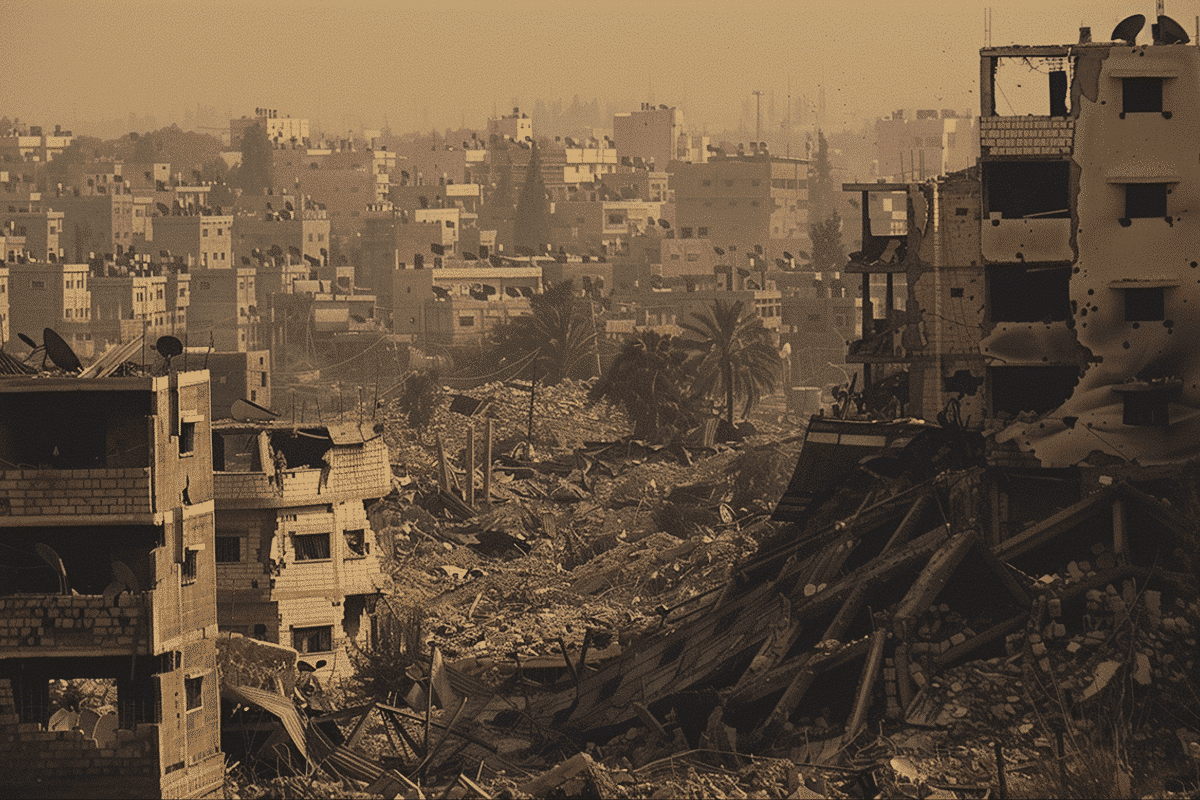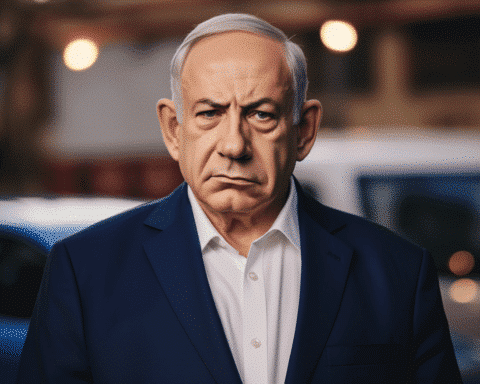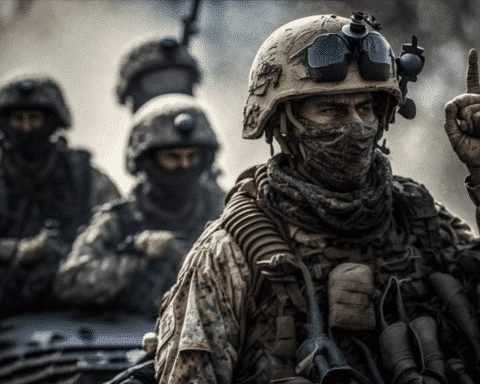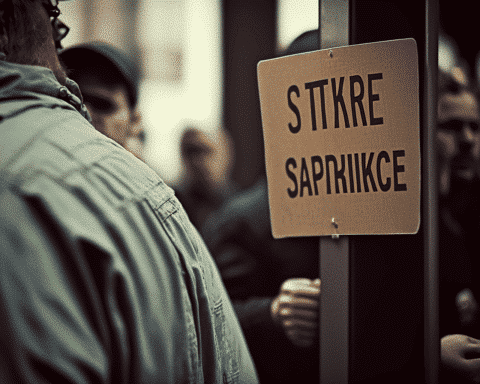In a significant escalation of the ongoing conflict, the Israeli military has ordered the evacuation of part of the Muwasi humanitarian zone in the southern Gaza Strip. This densely populated area, which had been designated as a humanitarian safe zone, is now the focal point of a planned military operation against Hamas militants. The directive has resulted in the forced displacement of thousands of Palestinians, many carrying children and minimal belongings, seeking safety under harsh conditions.
Widespread Displacement and Dire Conditions
The evacuation order has exacerbated the already severe humanitarian crisis in Gaza. Thousands of Palestinians, burdened with their possessions and accompanied by children, have been seen walking down dusty roads under the scorching sun. Many are navigating through dilapidated vehicles with belongings tied on top, highlighting the dire conditions they face. Families like Kholoud Al Dadas’ have experienced repeated displacement, with this being their seventh or eighth relocation since the conflict began. They have described the situation as chaotic and dangerous, with bombings occurring while they were still in their homes.
The Muwasi zone, initially intended as a safe haven, now houses approximately 1.8 million people—most of Gaza’s 2.3 million population. The area is filled with tent camps that lack basic sanitation, medical facilities, and adequate access to humanitarian aid. United Nations and other humanitarian groups have reported that families live amid mountains of trash and streams contaminated by sewage, creating a health crisis on top of the ongoing conflict.
Rising Casualties and Health Concerns
Gaza’s Health Ministry has reported that the toll from Israel’s nine-month war against Hamas has surpassed 39,000 Palestinians killed and 89,800 wounded. This staggering number includes both combatants and civilians, as the ministry’s count does not distinguish between the two. The conflict began with a Hamas assault on southern Israel on October 7, which resulted in the deaths of 1,200 people and the taking of approximately 250 hostages. The situation remains dire, with about 120 hostages still held, and a third of them believed to be dead according to Israeli authorities.
The humanitarian crisis in Gaza is compounded by the lack of basic amenities in the designated safe zones. Much of the Muwasi area is covered with makeshift tent camps that lack proper sanitation and medical facilities. Families are forced to live in squalid conditions, surrounded by mountains of trash and contaminated water sources. This has led to severe health concerns, with limited access to medical care exacerbating the situation.
Diplomatic Efforts and Ongoing Military Operations
Efforts to negotiate a cease-fire and facilitate the release of hostages are ongoing, with involvement from Egypt, Qatar, and the United States. These diplomatic talks aim to reach a phased cease-fire agreement that would halt the fighting and ensure the release of hostages. Prime Minister Benjamin Netanyahu has expressed hope that an agreement is closer than ever, with a negotiating team set to continue discussions.
Despite these efforts, Israeli military operations continue in central and southern Gaza. The conflict has resulted in numerous casualties, including at least 38 people killed in the southern city of Khan Younis. Additionally, a strike outside Al-Aqsa Hospital in Deir-Al-Balah killed one person and injured three others.
International Reactions and Incidents
Prime Minister Netanyahu’s much-anticipated trip to the United States to meet with President Joe Biden highlights the international dimensions of the conflict. Netanyahu’s visit is intended to strengthen bilateral ties and seek further support. Meanwhile, the Israeli military announced the deaths of two more hostages, bringing the known total to 122. Families of hostages continue to hold weekly demonstrations, urging the government to reach a cease-fire deal that would secure the return of their loved ones.
In another incident, a Canadian citizen was killed near the Gaza border after threatening Israeli security forces with a knife. The man was shot dead after approaching security personnel near the town of Netiv HaAsara, which had previously been attacked by Hamas militants. This event is part of a broader wave of stabbing attacks that have occurred across Israel during the conflict.
UN Accusations and Humanitarian Concerns
The United Nations has accused Israel of targeting a clearly marked humanitarian convoy in central Gaza. Philippe Lazzarini, head of UNRWA, stated that the convoy had been coordinated with Israeli forces but was still shot at near an Israeli military checkpoint. Although no injuries were reported, the incident has drawn condemnation from the UN for targeting humanitarian workers. The Israeli military has not yet commented on the allegations.
As the conflict persists, the humanitarian crisis in Gaza remains dire. The international community is vigilantly observing the situation, hopeful that diplomatic initiatives will soon lead to a ceasefire and ease the suffering of the Palestinian people.




